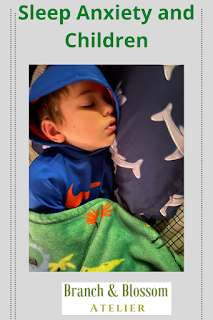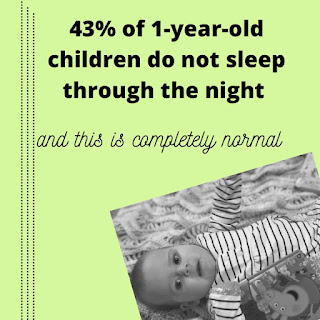Okay...so I got to you :) You are ready to make the call to seek out intervention services for your child! I'm proud of you!
How to make a self-referral for intervention services
5 reasons why NOW is the time to seek out intervention services
Sleep Anxiety and Children
It is not unusual for one of my children to end up on my floor during the night. Sometimes I actually leave extra pillows out for them. It seems like it rotates....it might be our youngest, maybe our oldest, or one of our middles.
Anxiety at night is normal. Your amygdala (the part of the brain that is in charge of fight or flight) reacts to being tired. So, it is usually in overdrive by the time night arrives.
Do your children have nighttime sleep anxiety?
- Validate their feeling even if the worry isn't rationale.
- "I know you are scared. I don't like to feel scared either. You are safe. We are safe."
- Have the child draw or talk about their worry.
- Teach the child mindfulness techniques.
- Tell me 5 things you can see in the room.
- Tell me 5 things you can hear in the room.
- Tell me something you can smell.
- Offer attention before your child seeks it. Bonus points if you give a choice.
- "It will be bedtime in 5 minutes. Would you like to sit on my lap and read a book or lay in your bed and listen to two songs?"
- Shift the child's focus to the future.
- "Pick out a game we can play in the morning when you wake up."
- "Do you want to find a book we will read in the morning?"
- Make bedtime a SAFE time.
- This means letting the child associate their bed with positive feelings and letting them feel some control over it.
- "When your clock says five minutes have passed (you may need to write this on a sticky note), you can leave your bed and come lay on my floor."
What You Should Know about Sleep and Babies
I am not sure that there is a more polarizing topic for parents of young children than that of SLEEP. Let’s talk about sleeping through the night. There is so much guilt, worry, and comparison that parents face when their children do not do it.
We have all heard about the mommas who can get their 4-month-old baby to sleep through the night. We hear that and can feel inadequate when our children are not yet sleeping through the night.
Guess what...even by 12 months of age, not all children sleep through the night. 43% of children do not sleep a consecutive 8 hours. And of these, 28% do not sleep a consecutive 6 hours.
If your baby falls into this percentage, he/she is completely normal!











